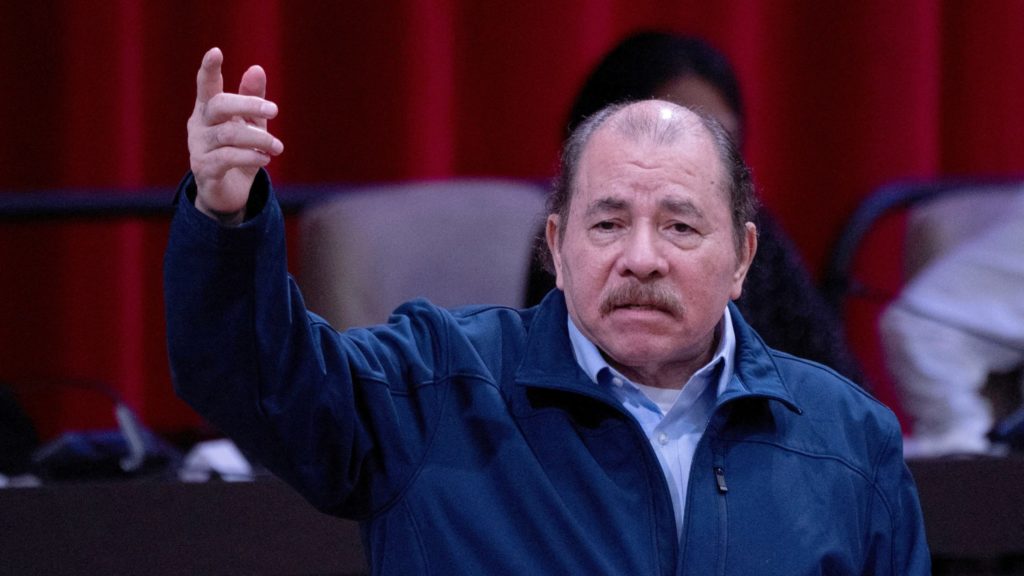A U.S. House hearing March 22 examined what it called Nicaraguan President Daniel Ortega's anti-Catholic persecution and called for action, just days after the Vatican said it closed its embassy in Nicaragua.
"Is the United States doing enough?" asked Rep. Chris Smith, R-N.J., a longtime Catholic lawmaker who chaired the House Foreign Affairs joint subcommittee meeting. "Are we doing enough in Congress? Is the president doing enough? Frankly, I'm concerned."
"We all need to up our game, we all need to do more, and we need to do it immediately," he said.
Ortega's regime has persecuted the Catholic Church in Nicaragua, lawmakers said, targeting church leaders who have criticized the government. Among them, Bishop Rolando Álvarez was sentenced in February to 26 years in prison the day after he refused to be deported to the U.S. with more than 200 other Nicaraguan political prisoners. Pope Francis publicly denounced Bishop Álvarez's sentence and the deportation of Nicaraguans from their homeland.
Ortega has persecuted political opponents, arresting seven potential presidential candidates prior to his winning reelection in 2021, a race the U.S. and European countries considered rigged. His regime has also extinguished the registrations of nongovernmental groups, forced the closure of church charities and educational projects, and suppressed independent media outlets.
The Vatican March 18 shuttered its nunciature in Nicaragua after Ortega's government proposed suspending diplomatic relations with the Holy See.
Ortega also recently banned traditional public processions for the Way of the Cross and Easter, restricting Catholic activities to inside churches as a part of his retaliation for church officials reportedly sheltering protesters against his regime.
Smith said there needs to be a "clear message to the world" that the U.S. "stands with the brave Nicaraguans who are committed to democracy and respect for the internationally recognized human rights."
"We are inspired by the incredible faith and bravery of those like Bishop Álvarez, who resist tyranny, and we will work to ensure President Ortega and his cronies are held accountable for these heinous acts," he said.
Rep. María Elvira Salazar, R-Fla., who chairs the Western Hemisphere Subcommittee, concurred with Smith that the church is "under siege" in Nicaragua, saying Ortega is "systematically hunting down and silencing the most sacred sovereign institution in Nicaragua," citing acts of violence and destruction.
"He expelled 18 of Mother Teresa's nuns," Salazar said. "Holy women who worked in the most dangerous areas of Nicaragua."
Ortega expelled two orders of nuns, including St. Teresa of Kolkata’s Missionaries of Charity, last year.
In comments to OSV News, Smith cited sanctions or action by the Human Rights Council, an intergovernmental body within the United Nations, as among the steps the U.S. should pursue in response to Ortega's actions.
"Shame on us if in the free parts of the world like the United States of America, we don't use every lever -- economic, political, diplomatic -- every pressure we could bring to bear," he said.
Smith also praised Pope Francis for speaking out against Bishop Álvarez's sentence. He added that pressure on Ortega has "got to be sustained."
"People rally around a leader who keeps walking into the wind, who doesn't bend into the wind," Smith said. "(Pope Francis) needs to continue it and I hope he does that."

